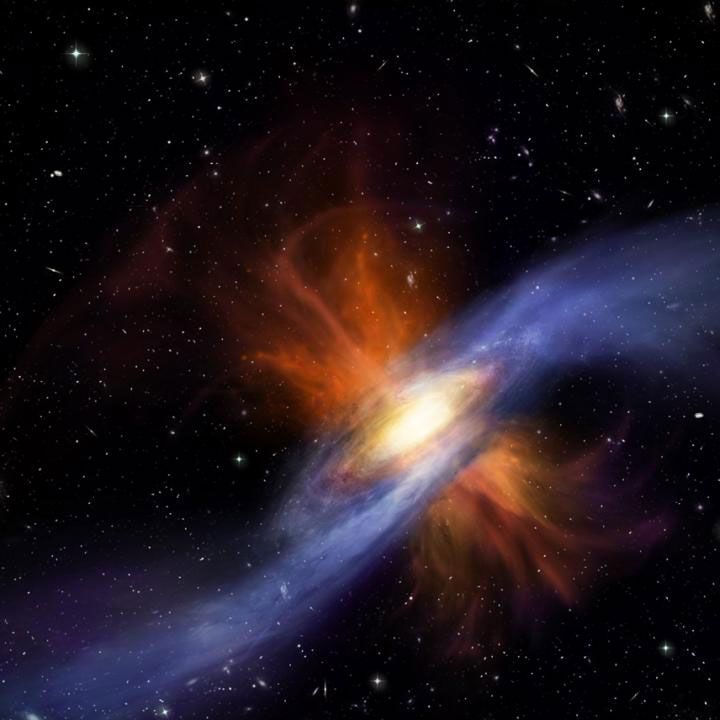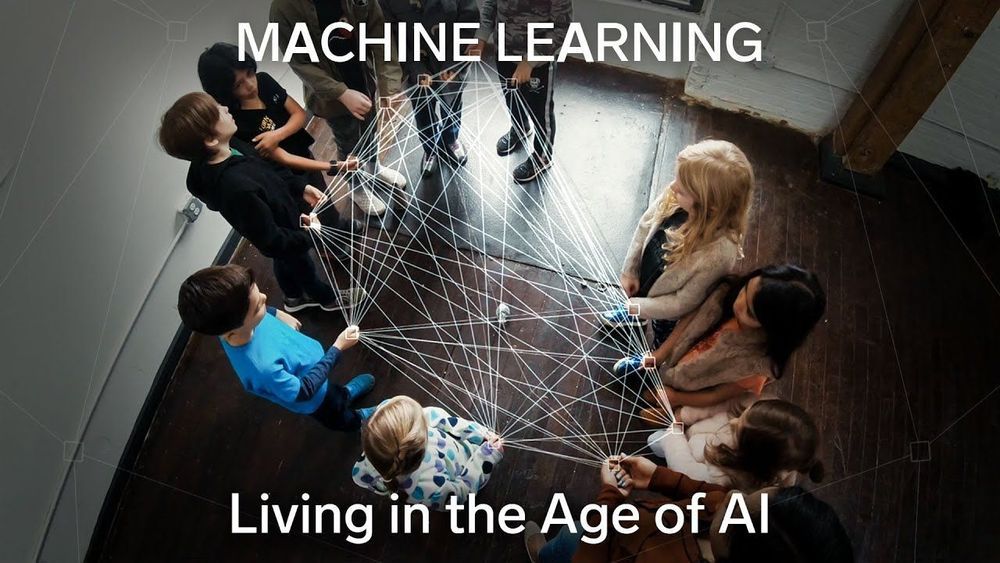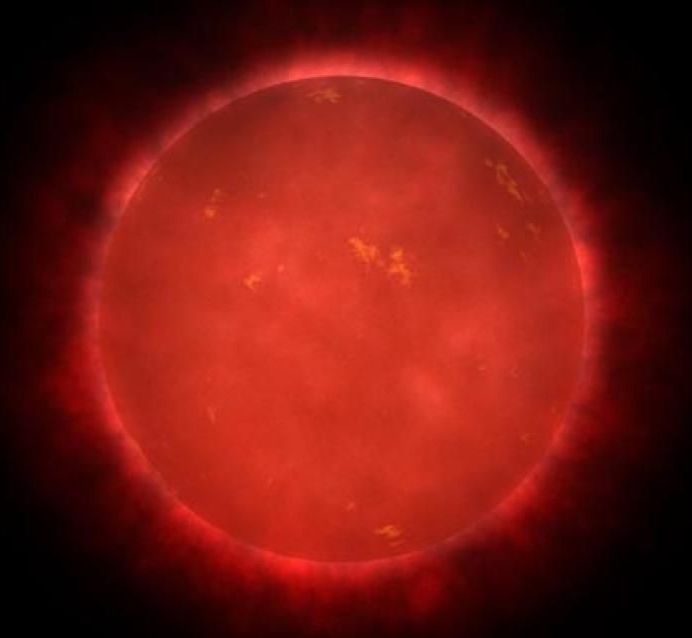Jun 21, 2019
Astronomers Discover Cool Halo Gas Spinning Like Galactic Disks
Posted by Genevieve Klien in categories: energy, space
A group of astronomers led by Crystal Martin and Stephanie Ho of the University of California, Santa Barbara, has discovered a dizzying cosmic choreography among typical star-forming galaxies; their cool halo gas appears to be in step with the galactic disks, spinning in the same direction.
The researchers used W. M. Keck Observatory to obtain the first-ever direct observational evidence showing that corotating halo gas is not only possible, but common. Their findings suggest that the whirling gas halo will eventually spiral in towards the disk.
“This is a major breakthrough in understanding how galactic disks grow,” said Martin, Professor of Physics at UC Santa Barbara and lead author of the study. “Galaxies are surrounded by massive reservoirs of gas that extend far beyond the visible portions of galaxies. Until now, it has remained a mystery how exactly this material is transported to galactic disks where it can fuel the next generation of star formation.”


















